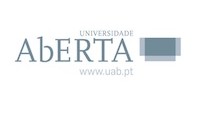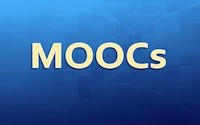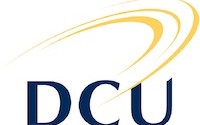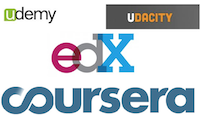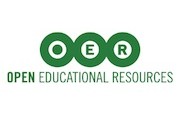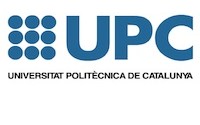
A MOOC on Approaches to Machine Translation
This paper describes the design, development and analysis of a MOOC entitled “Approaches to Machine Translation: rule-based, statistical and hybrid” providing lessons learnt on conclusions to be take into account in the future. The course was developed within a Canvas platform, used by recognized European universities. The course contains video-lectures, quizzes and laboratory assignments. Evaluation […]
